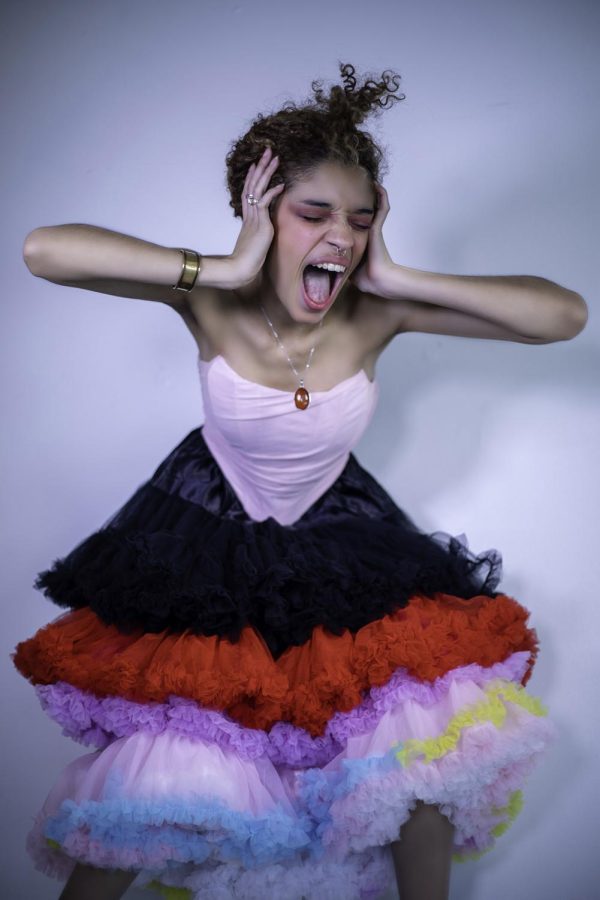The stigma of the ‘mad Black woman’ is still alive in today’s culture
Photo illustration by Gabrielle Korein/The Maroon
March 27, 2023
Sheila Fulks can’t be too angry. If she’s too loud, she knows she will be called aggressive.
“That’s why I am quieter,” said Fulks, a sophomore at Loyola University New Orleans. “My parents taught me to assimilate and not be a loud Black woman.”
Fulks is a Black woman, and like many Black women, she said she feels obligated to change who she is because she fears being stigmatized as a mad Black woman if an emotion such as anger comes off as too much.
Cassandra James-Weathersby, founder and executive director of Black Women Do Heal said that Black women are forced to silence their pain and control their actions further so others will not stigmatize and judge them.
“The stigma comes from being rooted in systematic racism. It is one of those things where it makes us look like villains and we weaponize white women’s tears,” James-Weathersby said.
James-Weathersby said the stigma has become justified in our society and Black women do not feel they have the grace given to them to heal from traumatic situations. Instead, she said they hide their pain from the stigma and do not go to counseling for it, due to the fear that sharing their stories in society could cause more trauma.
“Black women are the least likely to go get help when it comes down to traumatic situations,” James-Weathersby said.
Black women often say they struggle with their perceptions at work, in businesses, and in public areas, because they must be sure their expressions do not come off wrong. When it is taken wrongly, it can lead to the woman feeling attacked as a person, even if it is subtle.
Ebony Brown, founder and CEO of Grace House of Baton Rouge said people see her as being passionate when she is trying to protect her business.
“People either think I am wasting my time or spending too much money on certain things and in response, they try to attack me with my passion and personality,” Brown said.
Though the issue may seem uncommon now, James-Weathersby said the stigma is still very much alive. Black women do not have to directly be called mad Black women for them to feel attacked, she said.
“It is still common, it is just done in different ways,” James-Weathersby said. “Instead of saying you’re angry when you’re really just passionate, they say you’re so loud, don’t express yourself in that way.”
James-Weathersby said another way to sustain the stigma is to re-evaluate the strength of Black women and embrace the beauty within rather than accept the circumstances.
“Until you believe that stigma is not you, you will believe it. We have to recognize that we are beautiful Black women, whether the dominant culture chooses to see it or not,” James-Weathersby said.








